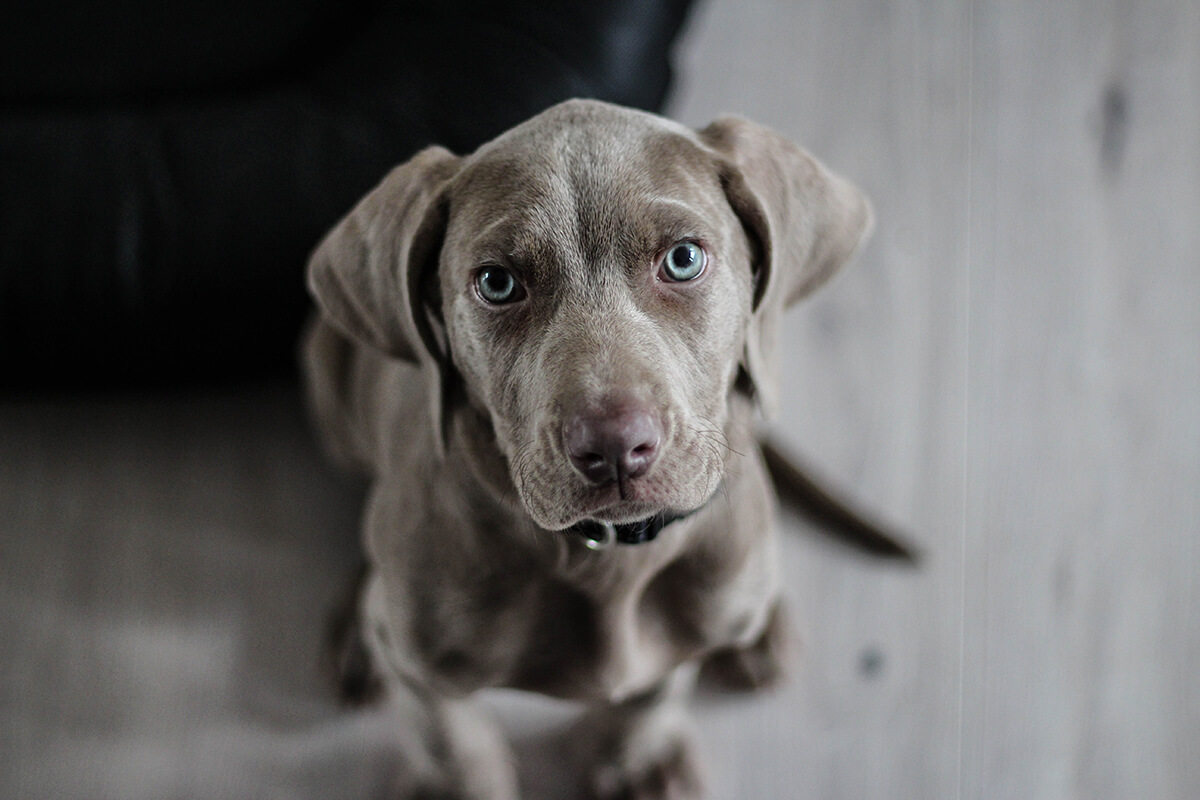How Does Getting a Pet Affect Your Home Insurance?

Bringing a new furry (or scaly, or hairless) animal friend to your family home is always an amazing experience. Pets can brighten up our lives and make us more tolerant, attentive, and caring. However, animal buddies not only add some sparkle to the mundane days. Indeed, they may scale up your liability risk.
Restless puppies and kittens can not only ruin your property (say hello to shredded curtains, paw scratches on the floor, chewed furniture, and failures to use a litter box).
Sometimes, your hyperactive animal can bring harm to your neighbor’s property or even health, making your insurance company splurging out on settling claims and even lawsuits. Read on how owning a pet may reflect on your homeowner’s insurance before you decide to adopt a beast.
Does Becoming A Pet Parent Take A Toll On Home Insurance?
If you are already a pet guardian and going to purchase a new dwelling, you want to seriously consider including your little furry guy in your home insurance policy when you are applying for coverage.
If you already own a residential property and now want to get a pet to your home, it is in your best interests to review your current insurance plan to figure out whether the coverage embraces your pets: which animal types and breeds fall under the coverage, and which species are excluded from the insurance protection.
Generally, obtaining a small dog or a cat will not cause your premium bills to jump. However, when you want to become a parent of a larger breed that can potentially cause significant property or health damages, you need adequate coverage. The Insurance Information Institute reports that an average cost of a dog- onslaught -related claim is $50,245 in 2020.
Millions of Americans get bitten by canines every year, most of which are small kids. In 2017, nearly 10,600 out of the 350,000 patients, suffered from dog-related injuries, were children under two years. This means, if your Fido snaps at somebody, this theoretically can cost you thousands of dollars. It hurts.

If you hold a home insurance policy, it usually by default covers dog-related liability expenses, with the coverage ranging from $100,000 to $300,000. If the claim exceeds that limit, the remaining sum will go from your own wallet.
Does a Pet’s Breed Matter?
If you own a home, and one day decide to buy a pit bull puppet, do not get surprised if your insurance company will deny your existing coverage or dramatically increase your premium rates. Most insurance firms refuse to insure homeowners who keep certain breeds of animals considered dangerous. For instance, German shepherds, rottweilers, bullmastiffs are categorized as unsuitable household dogs due to their hard-to-control behavior and natural aggressiveness.
Other companies may decide to offer/decline coverage on a case-by-case basis, conducting research to figure out whether your particular animal has a history of attacks and can be deemed aggressively inclined.
Third carriers may eagerly underwrite a new or renew the existing homeowner’s insurance policy for you, irrespective of your pet’s breed and natural characteristics, yet up to the first bite-related claim. Once your pet is reported to cause damage or injuries, you get trapped. There is a great likelihood that your home insurance company will set a higher premium quote for you, or reject to renew your today’s homeowner’s policy, or even exclude your animal from the coverage plan.

Most carriers take steps to minimize their exposure to pet-related claims (aka payouts). Some companies require pet guardians to sign liability waivers for pet-related damages/bites, while other insurers set higher premium charges for the owners of theoretically vicious breeds. Certain carriers do not offer any home insurance to pet owners at all.
Some insurance companies will agree to issue a policy only after the person confirms that their pet has completed special training and will not attack without the owner’s command. Or, that the pet is kept chained, caged, or always wears a muzzle outside the home’s territory.
According to the American Society for the Prevention of Cruelty to Animals (ASPCA), 21 regions in the country have statewide Breed-Specific Legislation (BSL) – laws that either regulate or ban certain pet breeds for the sake of decreasing pet attacks on people and other animals.
Regulated breeds generally include American Pit Bull Terriers, American Staffordshire Terriers, Staffordshire Bull Terriers, English Bull Terriers, Chow Chows, Mastiffs, Dalmatians, Doberman Pinschers, as well as mixtures of these breeds, and canines that visually resemble these breeds.
More than 700 counties in the USA have their specific BSL requirements in place. It means that depending on your residence, having a banned or regulated breed can either become a foundation for terminating your existing homeowner’s insurance or jacking up your premium price.
Given the fact that nearly every second state imposes particular BSL demands on pet owners, chances are that your homeowner’s insurance policy contains some restrictions or exclusions for pet-related incidents.

If you are not sure whether your policy covers your little (or not so little) friend, or your community puts certain bounds to your animal ownership rights, you want to contact your underwriter to check this out. If your four-legged fellow falls out of your home insurance coverage, you may want to switch to a different insurance company or buy an outstanding animal liability insurance policy.
How to Trim Your Pet-Related Homeowner’s Insurance Costs?
No matter the pet’s pedigree, the best strategy to avoid elevated home insurance premiums is to reduce your pet’s probability to scathe. This is what you can do:
- Get your pet regularly vaccinated
- Socialize him with both people and other animals
- Train your pet yourself or hire a professional animal trainer to modify a pet’s behavior and teach him to control his natural defensiveness
- Put a leash on your pet every time he is going to leave your home’s confines
- Learn how you must behave if your pet gets aggressive or is about to lose his temper and attack
If you have discovered that your current home insurance does not span pet-related situations, you may:
- Increase your liability limits (expect to pay a greater premium)
- Buy separate pet liability insurance
- Get umbrella insurance
Owning a pet is, surely, joy, yet not without its liability concerns. When you bring a cat, a dog, or any other animal to your family, make sure he will never expose you or other people to a health or financial risk.





